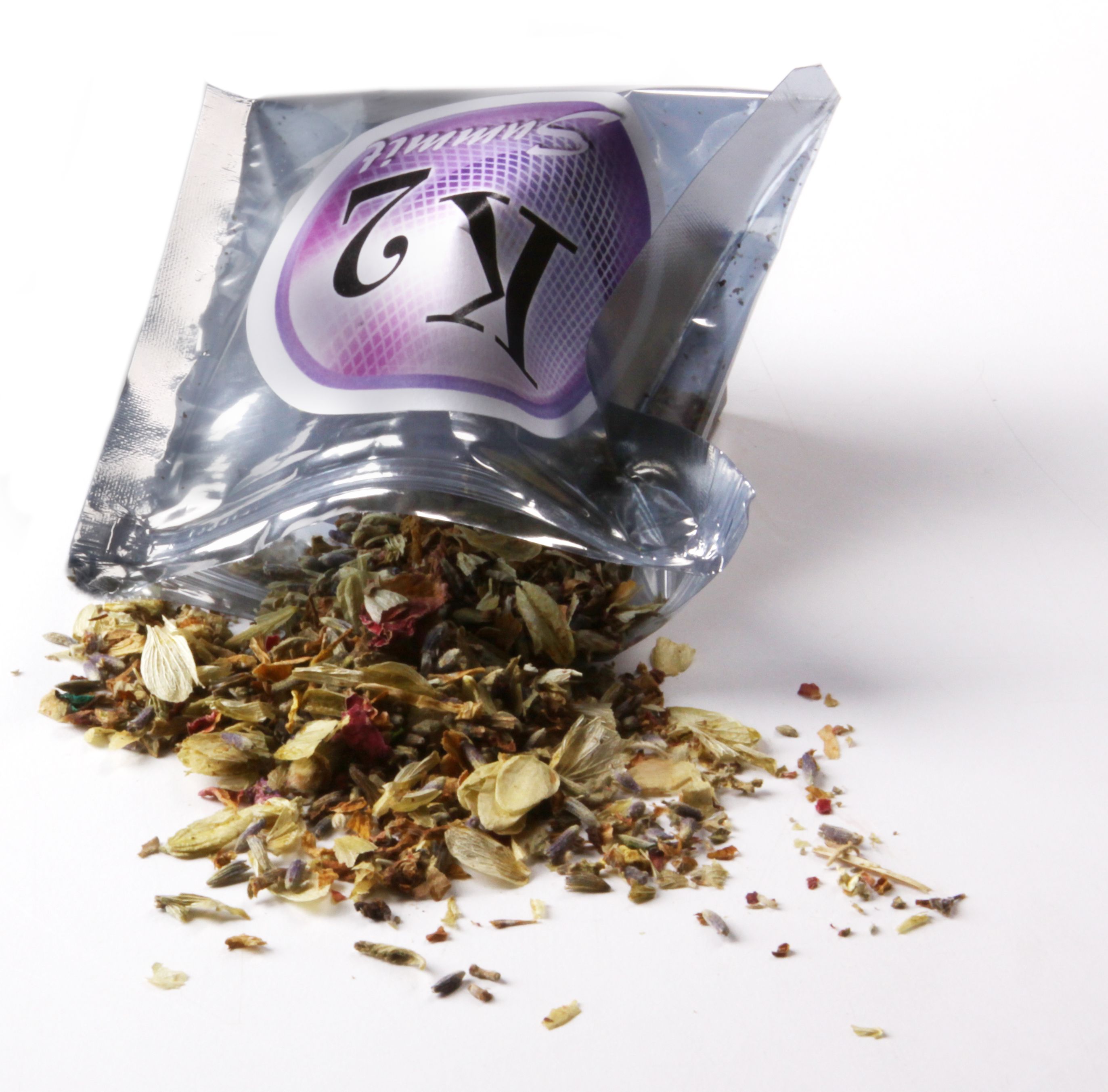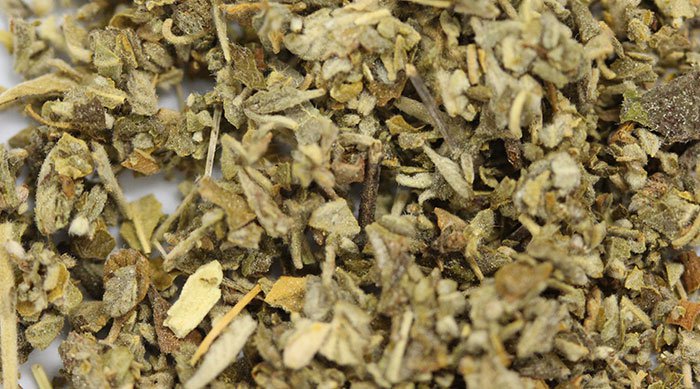Examining the Promising Applications and Favorable Influences of Spice as a Synthetic Cannabinoid
In current years, the expedition of artificial cannabinoids, particularly Spice, has stimulated appealing discussions within the medical and scientific areas. As research study delves deeper into this artificial substance, discovering its similarities and variations with natural cannabinoids, a nuanced understanding of its advantages and challenges arises.
Healing Possible of Spice
Discovering the healing potential of Spice, a synthetic cannabinoid, entails an important assessment of its medicinal properties and potential clinical applications. Flavor, also referred to as synthetic marijuana, engages with the endocannabinoid system in a way comparable to natural cannabinoids, such as those located in cannabis. This communication leads to numerous physiological effects that have actually sparked passion in its therapeutic opportunities.
Research studies have actually indicated that Flavor might have prospective as an analgesic, aiding to minimize discomfort in conditions such as neuropathic pain or persistent inflammatory pain - Buy K2 Paper For Sale. Additionally, its communication with cannabinoid receptors offers an opportunity for exploring its usage in handling signs and symptoms of problems like several sclerosis or chemotherapy-induced queasiness and throwing up

Pain Administration Conveniences
Seasoning, a synthetic cannabinoid, displays appealing potential hurting management as a result of its analgesic buildings and interactions with the endocannabinoid system. The analgesic buildings of Seasoning come from its capacity to regulate discomfort understanding pathways, providing remedy for numerous types of discomfort, consisting of neuropathic, inflammatory, and nociceptive discomfort. By targeting the endocannabinoid system, Flavor can regulate pain signals, minimize inflammation, and ease pain linked with persistent pain problems.
Studies have shown that Flavor can efficiently decrease discomfort intensity and enhance discomfort tolerance in preclinical models of discomfort. This synthetic cannabinoid has demonstrated efficacy in taking care of discomfort signs without causing significant unfavorable effects commonly connected with traditional discomfort medications. Furthermore, Flavor shows possible in lessening opioid reliance and abuse, supplying a more secure option for pain administration.
Neuroprotective Features
Artificial cannabinoids like Spice have actually been significantly acknowledged for their potential neuroprotective homes in minimizing neuronal damages and promoting mind health and wellness. Research studies suggest that these substances may supply neuroprotection via various devices, including antioxidant results, site web anti-inflammatory properties, and inflection of neurotransmitter launch. By communicating with the endocannabinoid system in the mind, synthetic cannabinoids can manage neuronal activity and possibly decrease the influence of neurodegenerative diseases or injuries.
One secret aspect of the neuroprotective buildings of Flavor is its capacity to modulate excitotoxicity, a procedure wherein extreme excitement of neurons brings about cell damage or fatality. By managing neurotransmitter launch and wetting excitotoxic signaling pathways, artificial cannabinoids might assist secure neurons from unsafe overstimulation. Additionally, the anti-inflammatory effects of Spice could minimize neuroinflammation, which is typically linked in different neurological problems.
Relative Analysis With Natural Cannabinoids
In comparing the neuroprotective homes of artificial cannabinoids like Spice with those of natural cannabinoids, a nuanced examination of their corresponding effects on neuronal health is critical. All-natural cannabinoids, such as those found in the cannabis plant, have been thoroughly researched for their neuroprotective results. These substances connect with the endocannabinoid system in the body, which plays a vital role in preserving neuronal feature and shielding versus neurodegenerative conditions.

Regulatory and Moral Factors To Consider
Taking into consideration the possible ramifications on human health and wellness and wellness, an evaluation of regulative and moral factors to consider surrounding making use of synthetic cannabinoids compared to natural cannabinoids is vital. Synthetic cannabinoids, like Seasoning, existing special challenges due to their usually unidentified chemical structures and potency variants. Governing bodies deal with the difficult task of staying on par with the fast emergence of brand-new synthetic cannabinoid substances, which can make it hard to implement constant and effective laws.

To resolve these regulative and ethical obstacles, policymakers need to prioritize study into the long-term effects of artificial cannabinoids and establish clear standards for their production, sale, and usage. Moreover, education projects are vital to notify the general public regarding the dangers connected with artificial cannabinoids and promote responsible consumption practices. By taking proactive procedures, society can much better secure against the potential injuries presented by synthetic cannabinoids while upholding ethical requirements and shielding public wellness.
Verdict
In conclusion, the investigation into the therapeutic capacity of flavor as a synthetic cannabinoid has revealed promising cause pain monitoring and neuroprotection. Comparative analysis with all-natural cannabinoids recommends comparable benefits. Regulative and ethical factors to consider must be carefully examined prior to extensive usage. On the whole, the favorable influences of seasoning as a synthetic cannabinoid warrant additional research study and expedition you can look here in the clinical area.